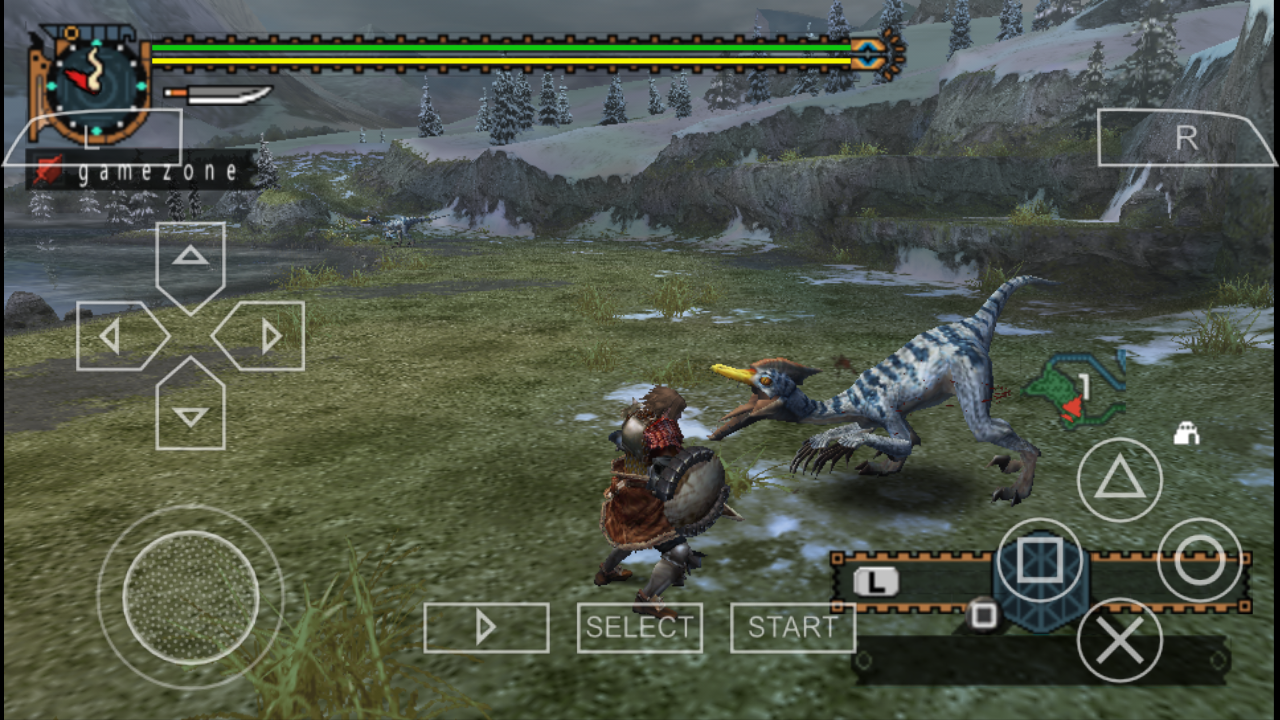

The village quests are never the true meat of any Monster Hunter game, so I think it’s fine for them to serve as a fun campaign that anyone can blast through. I’m experienced with the series, but by no means an incredible player, yet I dispatched most new monsters much faster than usual on my first try. I found the “village” quests that progress the story and get you to the endgame unusually easy - it’s like they’re the actual tutorial. What will help, though, is that Monster Hunter Rise just isn’t very difficult compared to other games in the series, even World. The game is certainly an acquired taste, and I’m not sure the constant barrage of tutorial pop-ups explaining obscure mechanics will be as helpful for newcomers as Capcom seems to think they will. It’s a fairly complex action RPG where you’re choosing one of several weapon classes with which to hunt increasingly dangerous beasts, harvesting them for materials that you can use to craft new weapons and armor to take on even more dangerous beasts. Otherwise, Rise is a typical Monster Hunter game. The game’s longevity will largely be down to its endgame design Other alterations save seconds that will add up over hundreds of hours - you now exhaust the supply of resources from a mining outcrop or a bonepile with a single button tap, for example. Rise feels even better suited for portable play than the earlier games, since you’ll never find yourself wandering around aimlessly in search of a monster. What Rise’s stages lack in complexity they add in verticality, and while your targets are marked on the map from the start this time around, you’ll often find yourself figuring out how to meet them on their level. Traversing around the environments is faster than ever thanks to two new elements: a pet dog called a Palamute that joins you in battle and lets you ride on its back, and a tool called the Wirebug that can be used to zip up walls and hop onto monsters, occasionally even controlling them in large-scale confrontations with other beasts. In fact, Rise goes even further in that regard. Unlike the older games, though, the subsections aren’t broken up by loading screens, which helps Rise play similarly to World’s more free-flowing style. The stages feel more like old-school Monster Hunter games than they did in World, with less elaborate designs and fewer graphical flourishes like dense foliage.


The biggest concessions are the environments.


 0 kommentar(er)
0 kommentar(er)
